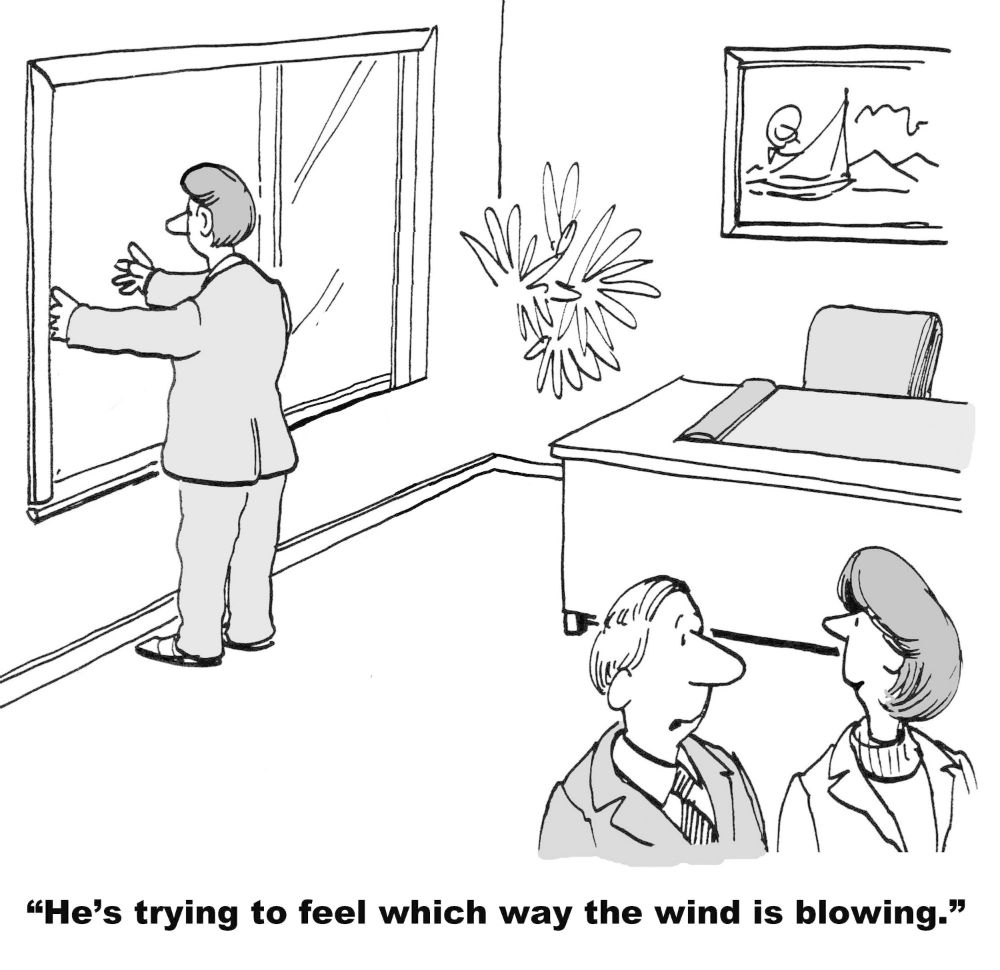Most people in the industry know what SEO means. However, many don’t realize the “E” in SEO has adopted multiple meanings.
The Revolving “E” in SEO
SEO stands for Search Engine Optimization and is historically defined as the process of influencing the non-paid (aka organic) search engine results pages (SERPs) to drive traffic to a website. You can read up about the more traditional definitions here and here.
While you should still optimize for the traditional “E” in SEO, you should also optimize for the new E’s.
Many people have claimed the death of SEO over the years. But the fact remains SEO is not dead and not going away any time soon. With all the hundreds of articles of it dying over the years, you’d think SEO is some new breed of cat species. It is, of course, constantly changing…some might say like the wind.

And one of the biggest areas of change can be found in the “E” in SEO. Not too long ago, you could thrive by ONLY optimizing for search engines. And while you should still optimize for the traditional “E” in SEO, you should also optimize for the new “E’s”: Experience and Engagement.
If you want to survive and thrive in the long game of SEO, you should be focused on optimizing not just for engines, but for people. That means improving your site’s user experience and engagement. These areas are becoming more critical, especially as Google and other search engines are able to collect more data and analyze that data quicker and cheaper than ever before.
Optimizing Engagement & Experience
For many, the traditional search experience starts with an explicit search query with keywords. There are also implicit signals that layer on context – such as device, time and location. The search engines then attempt to infer intent and provide a document within their corpus that satisfies the intent of the user. There is obviously a lot more to such a complicated algorithm, but this is the general concept. The traditional query+document pair model is widely used.
So, how do you improve engagement and experience? First and foremost, you want to make sure your core offering is amazing and that you’re utilizing The PEG Framework or something similar to continuously improve. It needs to be so great that users want to come back, that they’re talking about it and telling other people what a great experience they had. You want people naturally seeking you out through other channels, going directly to your site, as well as searching for your brand.
Simply put, optimizing for engagement and experience boils down to satisfying intent. When someone comes to your site from search, are they accomplishing what they set out to accomplish or finding what they looked for? Or are they leaving unsatisfied and looking elsewhere?
Does this page satisfy the user’s intent better than any other page?
As the old saying goes, “you can put lipstick on a pig” but it’s still a pig. Optimizing for engines can help you rank in the short term, but optimizing for engagement and experience will help you stick around in the long term. Not only should you be making the best product or service you can, but at a practical level, you should constantly be asking yourself: “Does this page satisfy the user’s intent better than any other page?” If the answer is no, you’ve got some work to do. It’s no wonder brands and companies with deep pockets continue to be favored by Google’s algorithm.
The Evolving Search Experience
Search is evolving to become less on-demand and more predictive (i.e. Google Now, Siri, Cortana, et al). This type of predictive search is really a basic form of presumptive/predictive query+answer pairs that require more personal information and context, such as: time, location, destination, event or calendar info, travel time, directions, flight updates, et al. Combined with alert and message mechanisms, these search and software companies want to provide you answers before you even ask the question.
So, do you know what the next question will be? Do you know the answer or does your product or service have a solution? What does the future hold in store for you and your SEO efforts? Time will tell. As the great Wayne Gretzky’s dad once told him, “Skate to where the puck is going, not where it has been.”